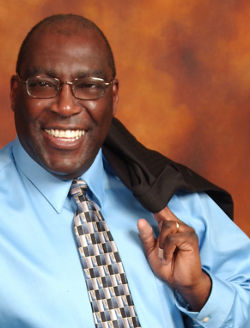Power Drunk People
The Three-Dimensional Leader: Negotiating Your Mission, Resources and Context, asks: “What is the difference between someone who is intoxicated on power and someone who is on drugs or alcohol?
You get erratic behaviors from both, including loss of mission focus, lying and mismanagement. (pages 223-227)
Government Going Astray
Government officials who think, “It’s all about my political ideology,” pursue initiatives that are less effective than those who see themselves as managers of large organizations that should be operationally efficient. One-dimensional politicians think the organization serves them. Two-dimensional leaders ignore operations, believing their political ideology is the mission and an end in itself. Thus they pursue it, blinded to outcomes that fail to meet stated goals, unintended negative-consequences, and huge deficits that saddle future generations with insurmountable debt.
Bad employee behavior is justified and gets a pass, as long as it is perceived as furthering the political ideology. By contrast, three-dimensional political leaders act as CEO’s who take responsibility for government programs to operate efficiently with employees who work competently with integrity.
Big and powerful governments do great damage when their leaders go to war on false pretenses, or spend millions turning slogans into initiatives in the name of a “common good” that only favors a “sub-segment de jour.” Such activities only satisfy the paternalism of politicians and/or the agendas of those whose money buys their initiaitve.
Properly Presiding In Power
Character is needed to handle power properly. Three-dimensional politicians work so that approximately eighty percent of constituents are satisfied with their initiatives. Keeping a long range view of fulfilling the mission by maintaining healthy working relationships that are disciplined and achieve effective operations avoids the Peter Principle and satisfies the most reasonable members of “We the People.”


 RSS Feed
RSS Feed
